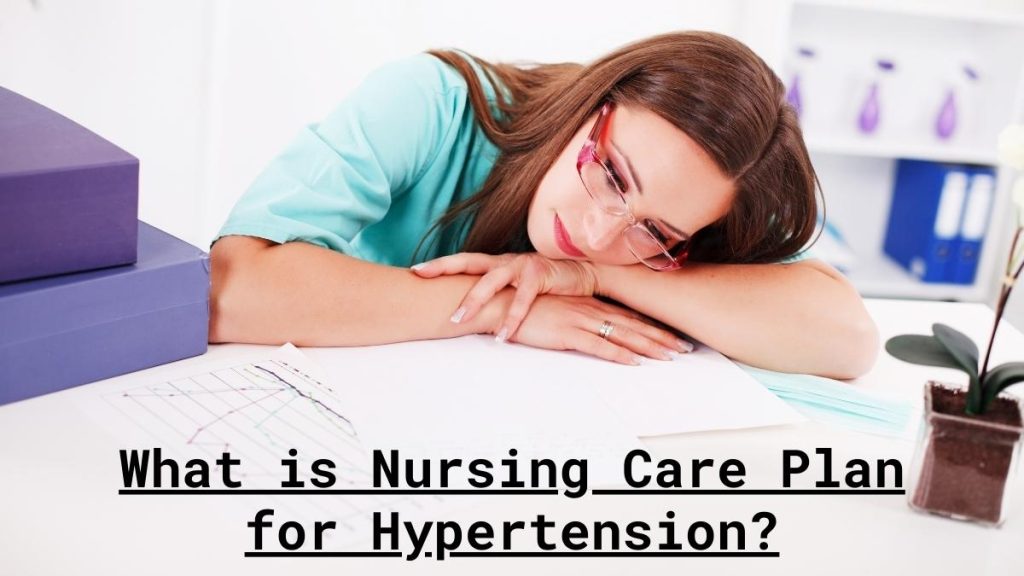- Oak Brook:(630) 705-9999
- Chicago:(312) 920-8822
- Email:inquiry@vervecollege.edu
- Make a Payment
- Home
- Programs
- Admission
- Resources
- ATI Entrance Exam Resources
- New E-Digital Library
- Refer a Friend
- School Newsletter
- Events
- Employers
- Job-Network
- Alpha Beta Kappa Candidates
- Verve College Library
- Graduation and Pinning Ceremony Photo Galleries
- Textbook Information
- Career Services
- Tutoring
- School Catalog
- FAQ
- Constitution Day Program
- Alumni
- Verve College Plans
- Financial Aid
- HEERF Reporting
- Satisfactory Academic Progress
- Apply For Financial Aid
- Net Price Calculator
- Return of Title IV Funds (R2T4)
- Financial Aid Office Code of Conduct
- Contact
- FAQs
- Verification Policy
- Vaccination Policy
- Student Right-to-Know Act
- Misrepresentation
- Information Security Program
- Academic Award Year
- Availability of Employee
- Cost of Attendance
- Health & Safety Exemption Requirement
- Students Rights and Responsibilities
- Leave of Absence
- Pell Formula
- Military Students
- Grants/ Scholarship Policy
- Contact Us
- Testimonials
- Blog
Is a Nursing Career Right For You?
Take The Free Quiz
What is Nursing Care Plan for Hypertension?
What is Nursing Care Plan for Hypertension?
According to experts, hypertension has long been known to medical practitioners as the silent killer due to its tendency not to show symptoms until after serious damage has already been done, making diagnosis often delayed until symptoms such as heart attacks or stroke appear.
Below are three facts you should know about medication for hypertension if prescribed such therapy for managing your condition more efficiently.
Background
A person diagnosed with hypertension, also called high blood pressure, typically exhibits diastolic or systolic pressure consistently higher than 140/90 mm Hg for both diastolic and systolic. Blood pressure readings between 90/60 to 120/80 consider normal blood pressure readings. You can get LPN training Illinois for patient health.
Assessment and Diagnosis
Blood pressure readings are one way of diagnosing hypertension. One easy method involves taking several readings by pressing on one upper arm as hard as possible until your pulse settles. However, machines exist that make this easier than doing this manually.
Your blood pressure can be described as high when there is a significant disparity between pulse rate and blood pressure measurements. Given how easily high blood pressure symptoms could be misinterpreted as something different, hypertension requires a professional diagnosis for accurate diagnosis.
Nursing Diagnosis
Volume deficit of fluids, tissue perfusion at risk, and delayed healing risk are among many other conditions related to lack of fluid intake; further, explore these topics here on nursing diagnosis. PN can access materials on this topic from the best nursing colleges in Illinois throughout their careers and specialties.
Even though these symptoms might seem disjoint, they all play an integral part in a person’s overall well-being. For instance, dehydration can result in swelling and other health complications, including high blood pressure; hypertensives also run the risk of cardiovascular disease and stroke.
Related:- Become a Licensed Practical Nurse: 5 Hypertension Prevention Tips for Aspiring LPNs
Planning
Formulate an effective hypertension management strategy by carefully considering medicine and lifestyle modifications as treatment solutions; while hypertension cannot be completely treated, it can still be managed effectively.
Attaining full knowledge of one’s illness to control it effectively requires creating accurate medical records and regularly monitoring vital indicators like temperature and pulse rate; these efforts must form part of any strategic plan for its control.
Execution of the Plan
Hypertension has long been an issue. People living with hypertension typically have elevated blood pressure. Controlling this condition or high blood pressure is essential.
Hypertensive emergencies occur when there is significant hypertension, end-organ damage, and/or inadequate illness management. Only intravenous drugs like Nitroprusside, labetalol, or nicardipine can be used as treatments in such instances.
Evaluation
A patient reports shortness of breath and eyesight issues. Their fingertip blood pressure reading was 90/60, and physical examination revealed no anomalies, though an action plan for treatment has been documented by a nurse on appropriate charting forms.
Nursing Care Plan For Hypertension
- Risk of reduced cardiovascular performance with impaired perfusion due to continuously high AEB values. To Monitor blood pressure and demonstrate correct BP taking, recording, and interpretation techniques. Teach patients how to take accurate blood pressure readings by practicing the technique before performing regular check-ups on patients to monitor them regularly for accuracy of readings.
Want to Make a Career in Nursing? Get More Information About Our Courses!
- Risk of decreased circulation and ineffective peripheral tissue perfusion AEB records of repeated high blood pressure are monitored closely, so to control blood pressure, you need to change your diet; inform the patient about potential adjustments or limits they need to adhere to that can assist them in managing critical condition better; HTN instructing the patient to keep track of everything consumed through an online food diary as instructed, then request it upon a visit to assess improvement of BP levels. Get nursing degrees in Illinois and an advanced nursing care plan for hypertension.
- Lack of awareness regarding improper management of hypertension among AEB. Medication should be taken precisely as prescribed; inform the patient of its importance by instructing them to use a dispenser marked with the days of the week; this way, they remain mindful of taking them at specific intervals when monitoring blood pressure.
 Sign up
Sign up Login
Login





